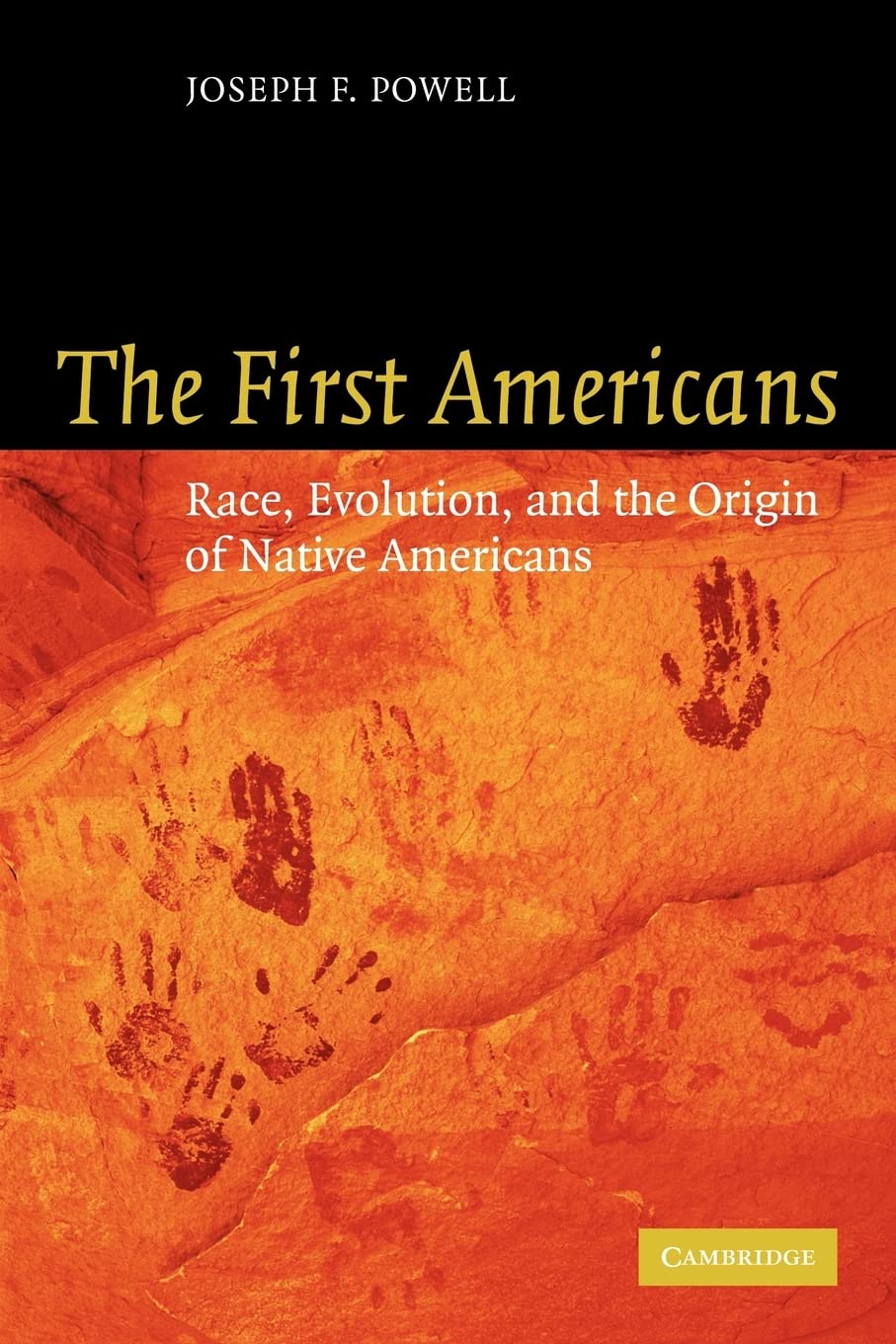Understanding the identity of Native Americans has sparked a myriad of debates rooted deeply in anthropological inquiry. The question, “Are Native Americans actually native?” transcends mere semantics; it invites an exploration of the intricate weave of history, culture, and the modern implications of Indigenous identities. This examination necessitates a cultural relativism perspective, which posits that one must view cultural phenomena in the context of the culture from which they originate, rather than from an external standard. By engaging with this complex discourse, we not only gain insights into the lives of Indigenous people but also reflect on broader questions of identity, belonging, and historical narratives.
The term “Native American” itself encompasses a diverse range of groups, each with their own unique customs, languages, and histories. These Indigenous populations inhabit a vast geographic landscape and possess multifaceted identities that cannot be homogenized. Traditionally, Native Americans are considered the original inhabitants of North America, arriving thousands of years before European colonizers set foot on the continent. However, historians and anthropologists often turn to archaeological and genetic evidence to unpack this narrative, asserting that such identities have been molded by centuries of migration, adaptation, and interaction with non-Indigenous populations.
Central to the debate over Native identity is the concept of “first peoples.” The designation implies an unbroken chain of cultural and familial connection to the land that dates back millennia. Yet, questions arise: Who defines these first peoples? Are they strictly those who can trace documented ancestry to pre-colonial times? Such considerations are vital when dissecting historical claims made by various groups that assert a right to claim authenticity based on lineage.
The idea of cultural relativism underscores the necessity of understanding Native American identities through the lens of their experiences, traditions, and governance systems. Indigenous perspectives on ancestry often contrast starkly with Western definitions that prioritize written records and biological lineage. For many Native tribes, identity may encompass broader aspects of cultural affiliation, land stewardship, and communal practices, rather than simply genetic ties. This divergence reveals the limitations of applying Eurocentric frameworks to Indigenous identities.
A compelling aspect of the Native identity discourse is the impact of historical trauma, which permeates the collective memory of these communities. Colonization, forced removals, and assimilation policies have not only altered the demographic landscape of Indigenous populations but have also profoundly influenced the construction of identity. The repercussions of these traumatic events necessitate a nuanced understanding of how identity is claimed and reclaimed in contemporary contexts.
Moreover, the advent of technology and social media has catalyzed the emergence of identity politics among Native peoples. There is a growing movement that embodies the assertion of identity beyond the confines of traditional definitions. Individuals are now able to self-identify and create new narratives that honor their heritage while also integrating contemporary experiences. This has sparked renewed interest in cultural revitalization projects aimed at preserving languages, traditions, and communal bonds that might otherwise have been lost to the vicissitudes of history.
In analyzing this phenomenon, it is crucial to address the role of ancestry verification. Techniques such as DNA testing have gained popularity as individuals explore their heritage. However, these methods are often criticized for their reductionist approaches that fail to account for the complexity of cultural identity. While genetic testing can offer glimpses into ancestral lineages, it can also inadvertently perpetuate misinterpretations of what it means to be ‘Native.’ The reduction of identity to mere genetic data undermines the lived experiences and cultural richness integral to being Indigenous.
Furthermore, the debate over Indigenous identity overlaps most intriguingly with notions of sovereignty and political agency. Many Native American tribes have sought recognition from federal and state governments to assert their rights, guardianship of ancestral lands, and self-determination. Identity politics thus becomes an essential instrument through which Indigenous peoples navigate a historically oppressive landscape. Claims to land and governance are often inextricably linked to broader cultural narratives that define what it means to belong to a specific tribe or nation.
The discourse surrounding Native American identity is further complicated by group dynamics within and among tribes. For instance, some tribes may prioritize inclusion based on community engagement and participation, while others maintain strict blood quantum guidelines that dictate membership. Such internal conflicts and varying standards of identity illustrate the heterogeneous nature of Indigenous cultures and the challenges they face in defining themselves in a rapidly changing world.
Lastly, the fascination with “first peoples” extends beyond academic circles into the realms of popular culture and media representations. Portrayals of Native Americans often reflect romanticized notions that obscure the complex realities of contemporary Indigenous lives. This perpetuates stereotypes that can undermine the authenticity of identity, as they may present a monolithic view instead of recognizing the diverse experiences and existences within Indigenous populations. As such, critical media literacy becomes vital in understanding how these narratives shape collective perceptions.
In conclusion, the inquiry into whether Native Americans are actually native transcends simplistic categorizations. It engages with deep-seated historical, cultural, and political threads that shape identities over time. Addressing the complexities of Indigenous identity through a cultural relativism lens allows for a more profound appreciation of the intricate tapestry of human experience. As we navigate this discourse, it is imperative to respect the voices and lived experiences of Native communities, offering them agency over their narratives while recognizing the dynamic nature of identity itself. As the dialogue continues, it remains essential to approach these topics with sensitivity, depth, and an openness to the diverse realities that define the lives of Indigenous peoples today.
